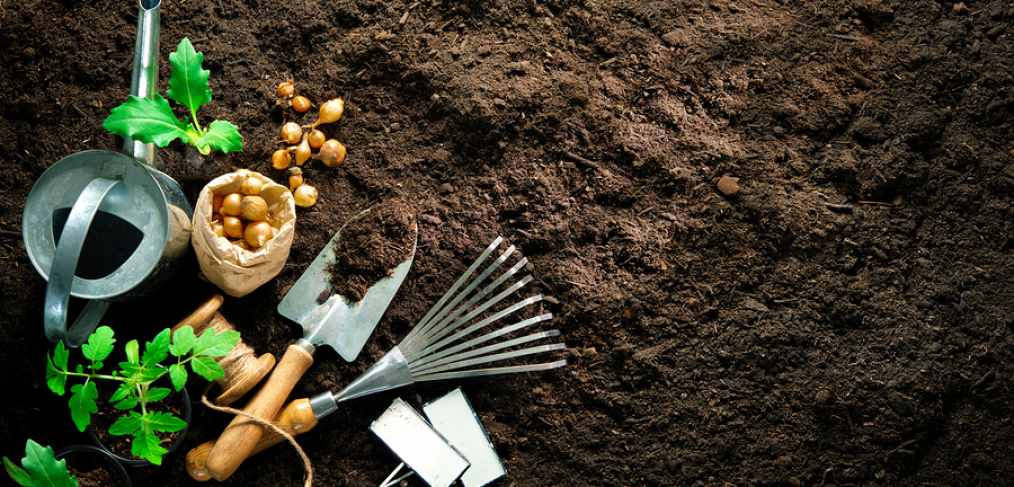
Ideas for Growing Food When You Can’t Get Seeds
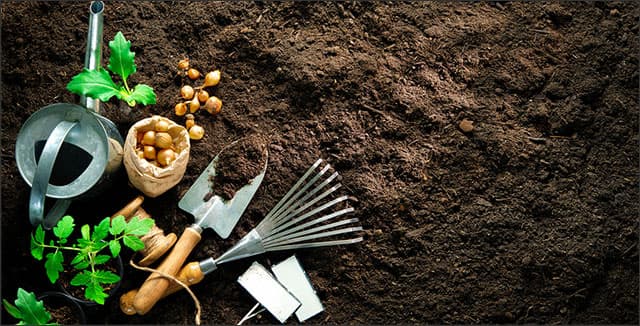
Tips on growing food when you don’t have seeds.
Have you gone to the grocery store only to find empty shelves? Discouraged when you tried to order toilet page or canned soup from Amazon only to find items completely sold out?
Preppers – those who prepare for disasters by stockpiling food and other supplies – have become the norm. Americans are buying toilet paper and dry goods until there are none left on the shelves or in the stores.
It’s a reaction to the coronavirus pandemic that we won’t soon forget. These are strange times we live in these days. Many more Americans are acting like preppers than not.
Growing Food for the Apocalypse
You can live on Ramen Noodles and corn dogs for a few weeks. However, I doubt it would be good for your health. Eventually, you will have to eat real food.
What do you do about fresh fruits and vegetables when you don’t think you will be able to access a grocery store? What if you just want to save a little money on buying seeds? Those little packets can add up.
All joking aside, I got the idea to write this post when I received notice that my online seed store was closing to fill all of its orders last week.
They got so slammed, they didn’t have enough personnel to run the company, take new orders, and send seeds in the mail.
I have to wonder if they have run out of seeds already. Apparently, everyone wants to try their hand at gardening, or at least to have some seeds on hand in case the worst comes to worst. I got to thinking that if this continues, many people who want seeds might not be able to get them.
It turns out seeds are free. Or at least they are already included in many of the foods we purchase at the grocery store.
Additionally, many plants can be regrown in a container from the scraps you would normally throw away.
Don’t worry if you don’t have your container garden built either. I will share some ideas on how to use what you have on hand.
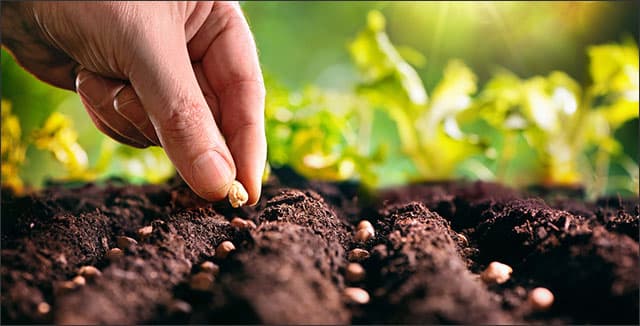
From Scraps and Seeds to Plenty for the Neighborhood
Seeds are easy to buy via mail order, and many of them stay good for several years.
An article be The Spruce details which seeds last longest and which seeds you should replace every year. If you have seeds leftover from last year’s garden, you can plant those.
There is a lot of conjecture about whether any of these fruits and vegetables will grow true to type since they are often hybrid varieties.
Also, heat-treated beans and dried peas won’t grow. You can always try frozen peas and popcorn mix. The good news is, you haven’t wasted much money if it doesn’t work.
An article by Networx details how to find seeds at the grocery store, for knowing which produce to look for. The key is to find organic, open-pollinated tomatoes, melons, squash, and peppers.
The post also provides a list of common spices in seed form that you can use to grow your herb garden. Hello, fresh herbs!
There are many fresh vegetables from the supermarket that will regrow from scraps. You can find information all over the place online for growing lettuce, celery, carrots, onions, garlic, and more using the leftover tops or bottoms of these delicious veggies. Take a look at these articles to learn more:
Some plants – that you wouldn’t necessarily expect – are easy to grow in your home.
- Regrow pineapples easily using the discarded top of a store-bought fruit.
- Don’t throw away those avocado pits either! You can grow your own tree in a pot.
- Never crave fresh ginger in vain again! You can grow ginger in a pot at home as well.
Quick Startups for Growing Food: Your Veggies
This guide wouldn’t be complete without a list of links for ideas about how to fit a garden into a small space.
You can grow a surprising amount of food on a surprisingly small plot of land, or even inside under grow lights and without soil!
- Start your seeds now using what you have on hand. No need to go to the store with these creative solutions
- Look at this guide to vegetables that grow the best in pots. If you want the make the most of your deck or balcony, this is the way to go!
- Check out how to make free mini-greenhouses using pieces from your recycling. This post could come in handy for the unpredictable weather we have in spring.
- Too much concrete? Make a container garden for your driveway or parking spot with a Rubbermaid storage container or, really, any storage container!
- If you are ambitious, and you can beg, borrow, or buy online, start a hydroponic garden system in your basement, your garage, or your bedroom with just a few simple supplies!
- Don’t have a lot of sunlight in your yard? A surprising amount of veggies actually enjoy the shade.
- A greenhouse might not be a bad idea either, and they are cheaper to build than you think.
Bringing it Home
If there is anything we have learned from history, it’s that humans are intelligent, resourceful, and stubborn. The whole world is feeling the panic right now about everything changing, and we are all worried we are not going to have what we need.
Growing food is something people have been doing all along. Trust me, if you have to do it, you will! However, don’t forget, even if you haven’t been gardening, there are urban farms, small farms that bring produce to farmer’s markets, and experienced gardeners all around you.
I hope that, if nothing else, this uncertain season inspires you to take a walk, get out into nature in some form, and get your hands a little bit dirty. I promise if you do, you are going to feel a lot better.

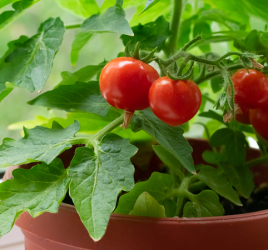
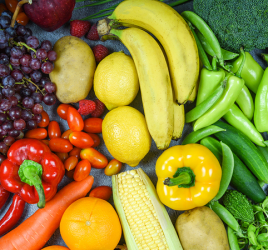
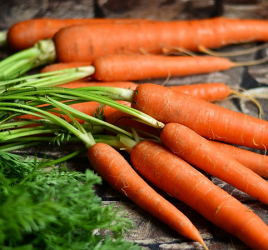
I have black knots trees your information was very helpful, how to treat may fungus trees with Vinegar and camomile. Thank you